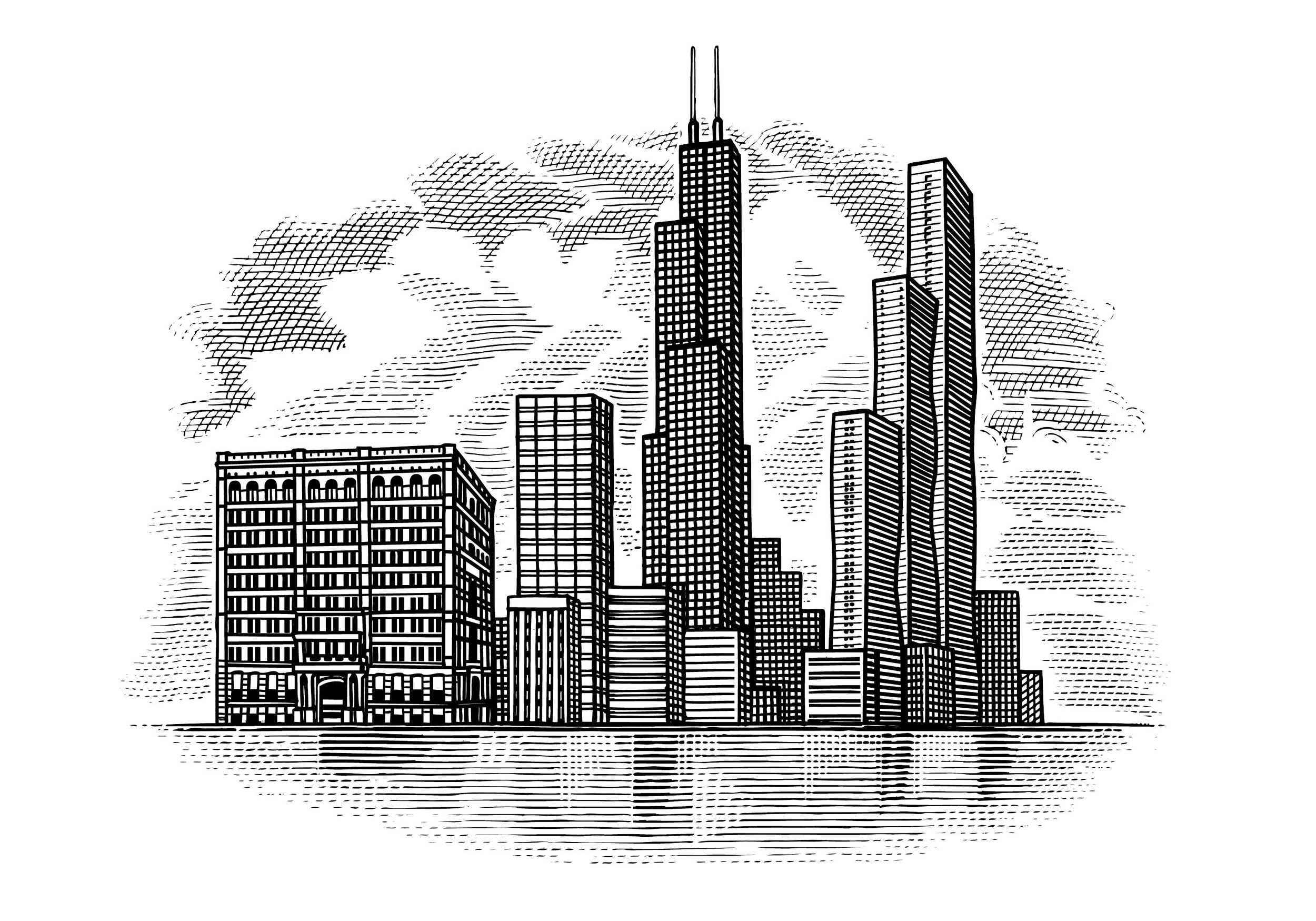Chicago Didn't Get Amazon HQ2. Should It Matter?
Photo by Mizra Asad Baig
Amazon has finally chosen two locations for it’s HQ2: Arlington, Virginia, and New York City. “Amazon today announced that we have selected New York City and Arlington, Virginia, as the locations for our new headquarters. Amazon will invest $5 billion and create more than 50,000 jobs across the two new headquarters locations, with more than 25,000 employees each in New York City and Arlington,” an Amazon press release said today. Nashville, Tennessee will also receive a 5,000 employee “Operations Center for Excellence.” The news was leaked to the Wall Street Journal and other outlets several last week as the decision became clear that the company would pick two locations for it’s second headquarters. Chicago, once reported to be on the short-short list, did not make the cut.
Now what?
“Obviously winning Amazon would have been a double-edged sword, but it would have meant a lot in terms of validation of the city's status,” Aaron Renn of the Manhattan Institute said in an email to The New Chicagoan. “It's not clear how to boost Chicago's status other than becoming more attractive to elite, best-of-the-best talent. That immediately prompts the question of how to do that. It's not obvious.”
In Crain’s Chicago Business, Joe Cahill argues that the city is better off without Amazon basing its operations here. “Perhaps a secondary outpost of a big tech company counts as a big win for those locales. For Chicago, it's no great loss,” he wrote. Translation: Amazon splitting the difference of HQ2 between two cities lowers the prize for both, something Chicago can afford to go without. Chicago doesn’t need another outpost. It needed a flagship.
So did Chicago both win and lose the Amazon sweepstakes? On the one hand, the city isn’t losing much by not landing an outpost. On the other hand, an outpost would have been nothing but helpful to Chicago’s technology sector.
Chicago is already home to the corporate headquarters for several major companies, including McDonald’s (which recently moved its headquarters to the West Loop from the suburbs), Boeing, United Airlines, and Walgreens, which will soon be moving operations to the Old Main Post Office building. Chicago’s economic base is extremely diverse, with no industry employing more than 12 percent of the city’s workforce. And of the sites that the city proposed for Amazon — The 78, Lincoln Yards, The River District, and more — most are in the development process even without Amazon planting roots here. Cahill has a point: Chicago is no worse for losing out on HQ2.
But the city’s technology sector is lacking compared to other urban areas, and it has grown only modestly. In April 2018 the Tribune reported that the Chicago area added 4,000 technology jobs in 2017, which grew the industry year-over-year, but only placed the city 13th nationally in this area:
The Chicago metro area added more than 4,000 technology jobs in 2017, largely due to increasing demand for software developers and information security analysts, according to a report released this week by Downers Grove-based trade association CompTIA. That was an increase of 1.4 percent over the prior year, ranking Chicago 13th among major metro areas in tech sector job growth. However, tech jobs as a share of the total workforce remained steady at 7 percent, according to the report.
Chicago’s tech sector is clearly playing catch up to the city’s other industries, but it is showing signs of growth in the right direction.
In late October, the University of Chicago announced a collaboration project with the University of Illinois at Urbana-Champaign, Argonne National Laboratory, and Fermi National Laboratory “to make the Chicago area a national leader in quantum technology” according to the UChicago press release.
UChicago and the University of Illinois “will be announcing a range of joint projects, including research partnerships in such areas as materials and computing, as well as civic engagement collaborations that will benefit Chicago’s South Side, the Urbana-Champaign community and the state,” the UChicago statement said. This is on top of the UChicago’s Polsky Center (a tech startup incubator) and 1871, a private sector incubator based in the Merchandise Mart.
The city’s tech sector currently has a strong academic bent that is slowly bleeding into the marketplace. These collaborations are laying the groundwork that can attract industry leaders beyond Amazon. Now that Chicago is out of the running for HQ2, continuing to build the city’s tech industry is an opportunity — and a challenge — for the next mayor to take advantage of.

